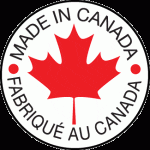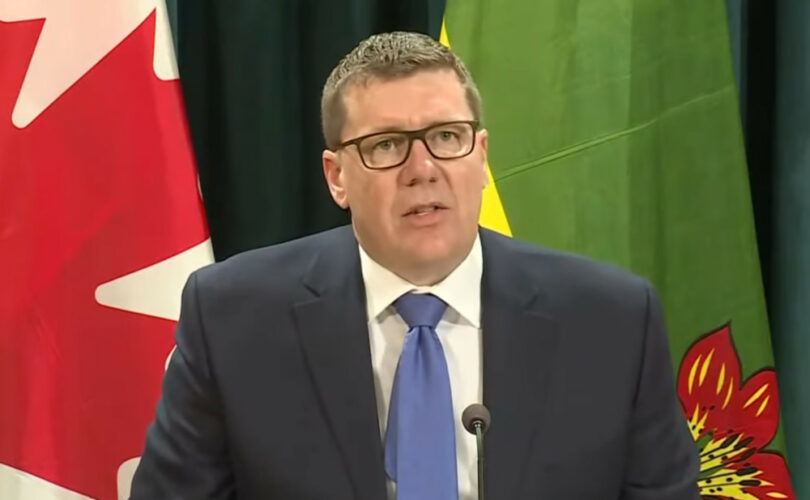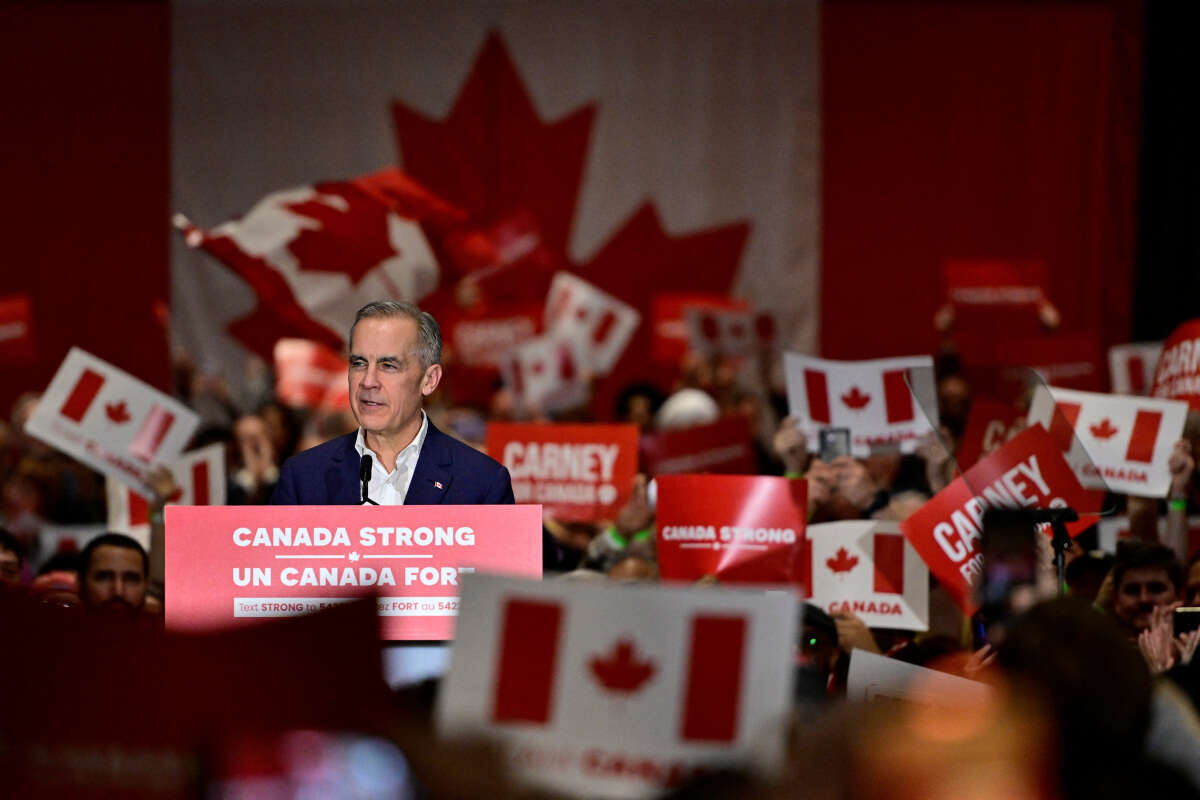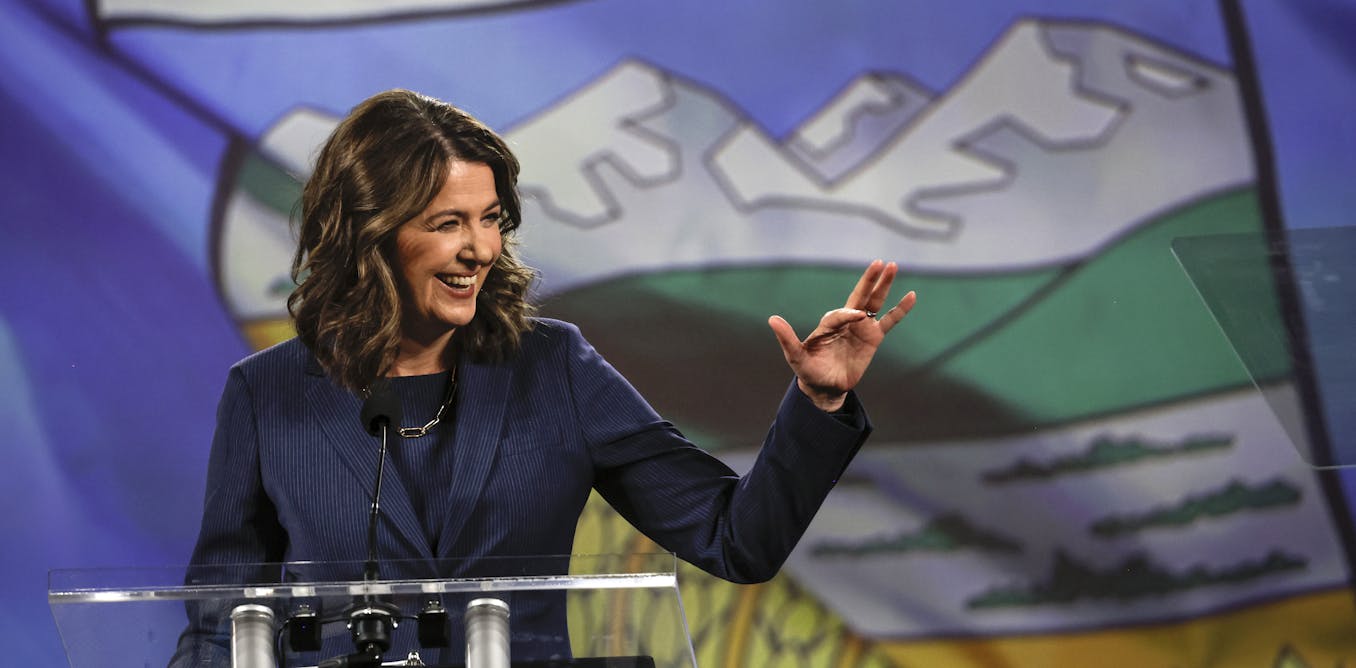In a significant development, Saskatchewan Premier Scott Moe has taken steps to enhance parental involvement and safeguard students’ well-being in the province’s education system. This proactive approach reflects the government’s commitment to providing a safe and transparent learning environment for students, as well as respecting the rights of parents to be actively engaged in their child’s education.
New Policies Promoting Transparency
Under the newly introduced “Parental Inclusion and Consent Policies,” parents now have a more substantial role in their child’s education. These policies mandate that parents must be informed if their child wishes to adopt a different name or “gender” within the classroom. Furthermore, parents have the option to opt their children out of sex education classes.
Eliminating Third-Party Presentations
One of the key changes brought about by these policies is the ban on third-party organizations providing presentations in schools. This includes the exclusion of major abortion provider Planned Parenthood from teaching sexual education in Saskatchewan classrooms. Premier Moe emphasized the importance of teachers delivering the curriculum directly, ensuring that it aligns with the province’s educational goals.
Protecting Students from Inappropriate Material
The decision to prohibit third-party presentations was prompted by an incident at Lumsden High School, where ninth graders were exposed to explicit content during an in-school Planned Parenthood presentation. This incident raised concerns about the appropriateness of external organizations delivering sensitive information to students.
Enhancing Parent-Teacher Communication
Premier Moe stressed the significance of open communication between teachers, parents, and students. The curriculum will be made available for parents to review, ensuring transparency in the educational content delivered to their children. This move reflects the government’s commitment to maintaining a strong connection between educators and families.
Overwhelming Support from Saskatchewan Residents
Despite facing criticism from mainstream media, the new policies have garnered significant support from the people of Saskatchewan. A recent poll indicated that 86% of residents in the province support some form of parental notification if their children wish to adopt different pronouns in the classroom. This widespread endorsement underscores the alignment of these policies with the values and preferences of the community.
Teachers’ Perspective
Many teachers in Saskatchewan also welcome the decision to keep parents informed. They believe that maintaining transparency and involving parents in their children’s education is essential. Teachers feel that this approach ensures that the educational process remains collaborative and supportive, with both educators and parents fulfilling their respective roles effectively.
A Broader Trend in Canadian Education
Saskatchewan is not alone in its commitment to enhancing parental rights in education. Other Canadian provinces, such as New Brunswick and Manitoba, have also taken steps to ensure parents are informed about their children’s educational experiences, particularly in matters related to gender identity.
Support for Parental Rights in Canada
Despite isolated pushbacks against these measures by certain activist groups, recent polls have shown that Canadians, in general, are supportive of parental rights in education. The majority of Canadians believe that parents should have a say in what materials are shared with their children in schools, further emphasizing the importance of transparency and parental involvement in the educational process.
In conclusion, Saskatchewan’s proactive measures to involve parents and protect students from inappropriate content in schools reflect a broader trend across Canada. These policies, aimed at ensuring parental rights and transparent communication, enjoy widespread support among residents. They demonstrate a commitment to maintaining a safe and respectful learning environment for all students while upholding the valuable role of parents in their children’s education.










